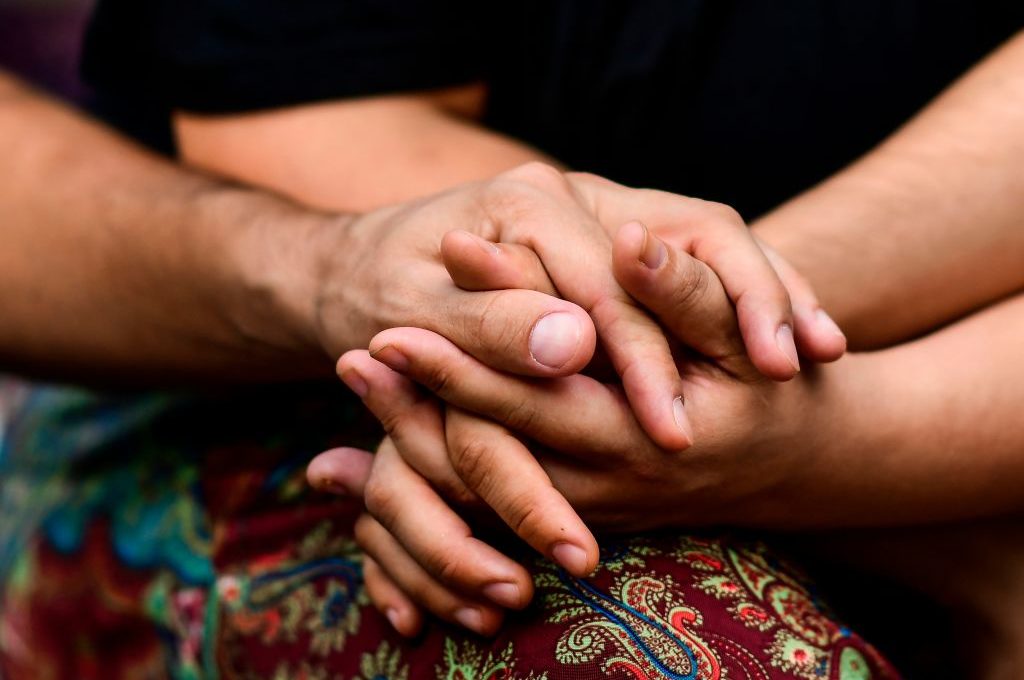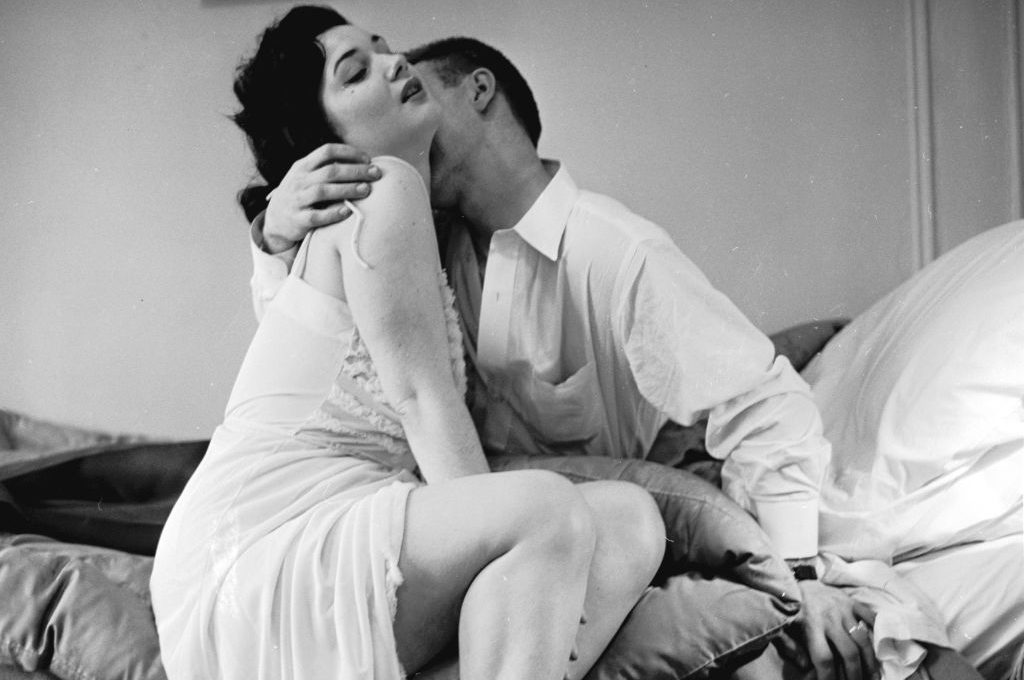In 1974 I was living in San Francisco when I got a phone call from a man who said, “I’m having a few people over to have sex with my wife, would you care to join us?” Back in the 1970s, people like this were called swingers. I politely declined.
To my amazement I was recently invited by a couple in their sixties to go to one of London’s secret swinging parties with them. This one, they assured me, was for the “older swinger.” (I didn’t think there were any still alive!) To swing or not to swing? That is the question I never thought I’d ever face again.
It was a kind offer, but frankly I’m too old for those sorts of sexual shenanigans. And besides, the thought of all that drooping, flapping flesh and those dangling wobbly bits bumping and bouncing in a bed — and that’s just me naked! — put me off. So again, I politely declined.
My invitation to swing fits perfectly into a current media narrative about how Britain in 2022 looks like Britain in the 1970s. On the economic front we have retro-inflation, the high-levels of inflation we had in the 1970s, while, on the fashion scene, the Seventies look is, according to Vogue, the thing to have right now. When I go to the parties of my young hip friends, they’re all wearing fringe jackets, jumpsuits with big zips down the middle and bell-bottom jeans. Brown is the new black. They smoke weed, take LSD and love Led Zeppelin just like we did in the Seventies.
They don’t swing — at least they don’t call it that. They are polyamorous, which is the practice of having numerous sexual and emotional relationships at the same time with other people in an open way. It’s basically swinging on an industrial scale.
I don’t get the appeal of being polyamorous. One relationship with one person is hard enough — two or three is impossible. So what’s it all about? Let’s just say it’s a way of appearing super cool to your peers. Who wants to be a boring old heterosexual when you can be a fluid and hip polyamorist?
I shouldn’t mock. In the 1970s we did the same by pretending to be bisexual. It was the era of Glam Rock, boys in makeup, Bowie and buggery all done in the name of divine decadence. But there’s something so unsexy about polyamory — the term itself sounds antiseptic and anthropological, as if it were something Margaret Mead tried one night when drunk. Swinging, on the other hand, sounds upbeat; it’s got a sleazy, Vegas-like vitality to it.
All this talk of polyamory makes me think of mom and dad. Back when I was a teenager in the Seventies, my American parents were the oldest swingers in London town. They didn’t call it polyamory — it was known as having an open marriage.
Lots of their English friends had open marriages — they slept with other people and had romances with other people, and their partners knew — but they didn’t talk about it in public. The idea that the English are all uptight about sex and affairs, unlike the relaxed French, is wrong. The English aren’t repressed about sex and affairs — they’re just hypocritical. But it’s a hypocrisy done for the greater good — to spare the feelings of partners and children.
If only my parents had been more hypocritical instead of open and honest about their open marriage, I would have been spared a lot of grief and embarrassment. Thanks to numerous magazine profiles and even a TV documentary, back then they had the most famous open marriage in Britain. People still talk about it today. I meet women who tell me about their sexual escapades with my dad fifty years ago! I even had a well-known old English critic tell me about his afternoon tryst in a hotel with my mother, for heaven’s sake! “Well, thanks for sharing!” I said before stomping off.
While my parents’ open marriage was a cause of twenty-five years of embarrassment to me, it worked for them. But for most people it ends in tears or divorce — as today’s polyamorists will one day find out.
This article was originally published in The Spectator’s June 2022 World edition.

























